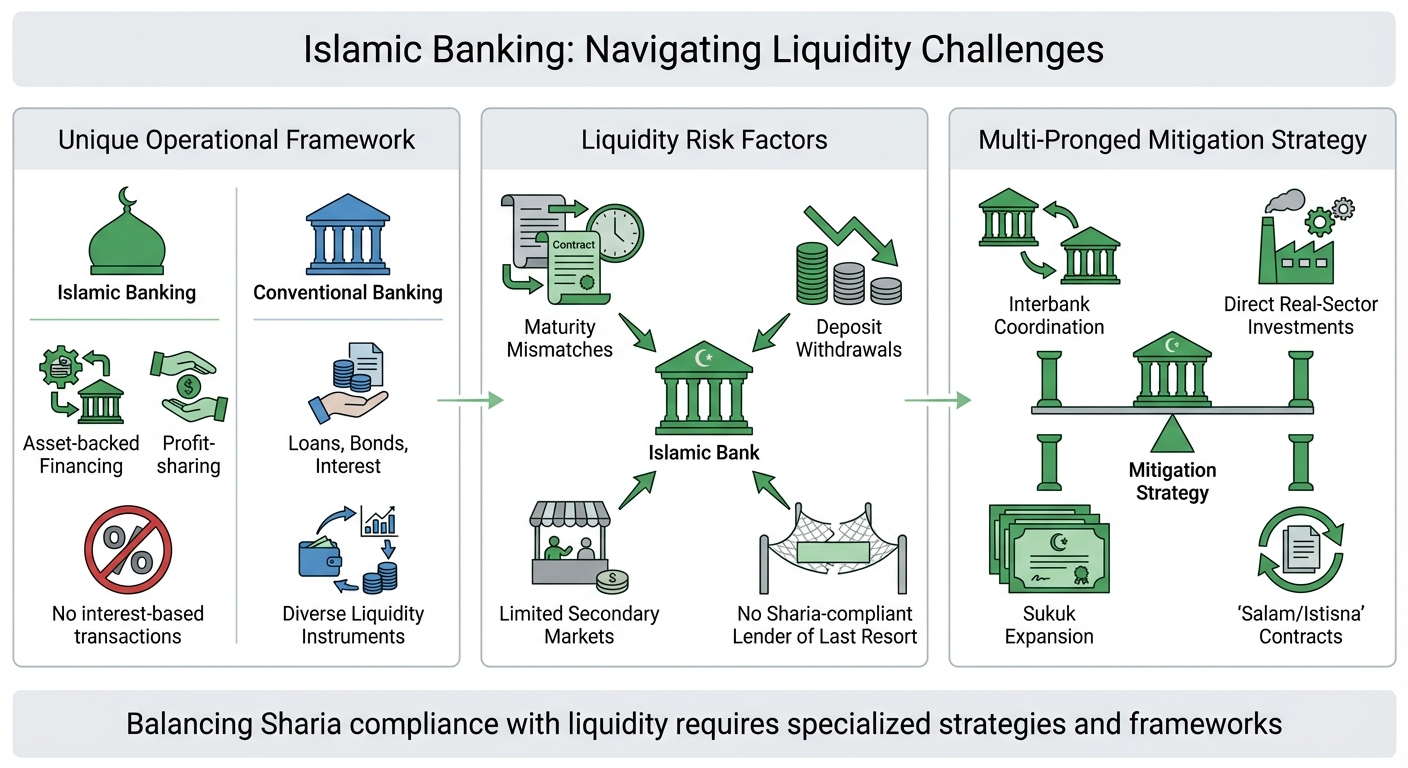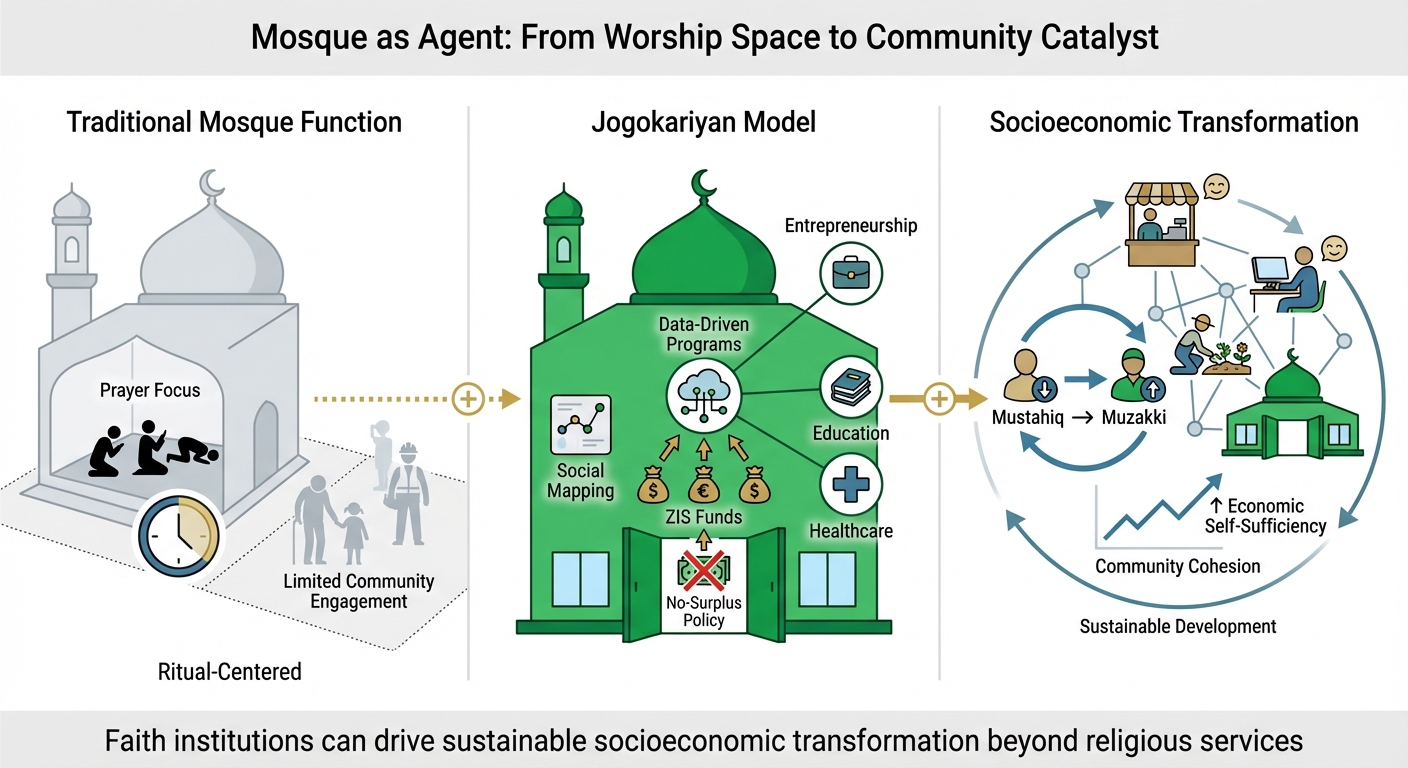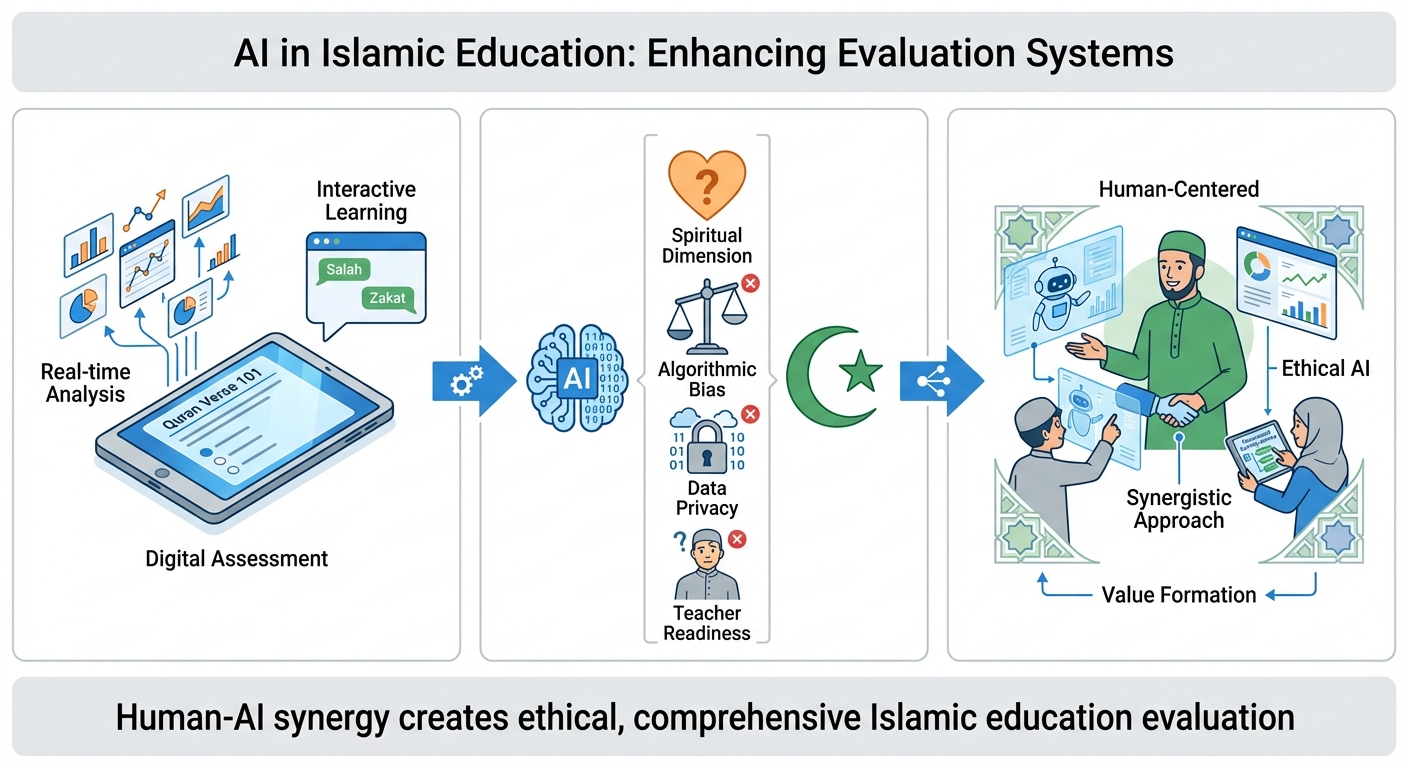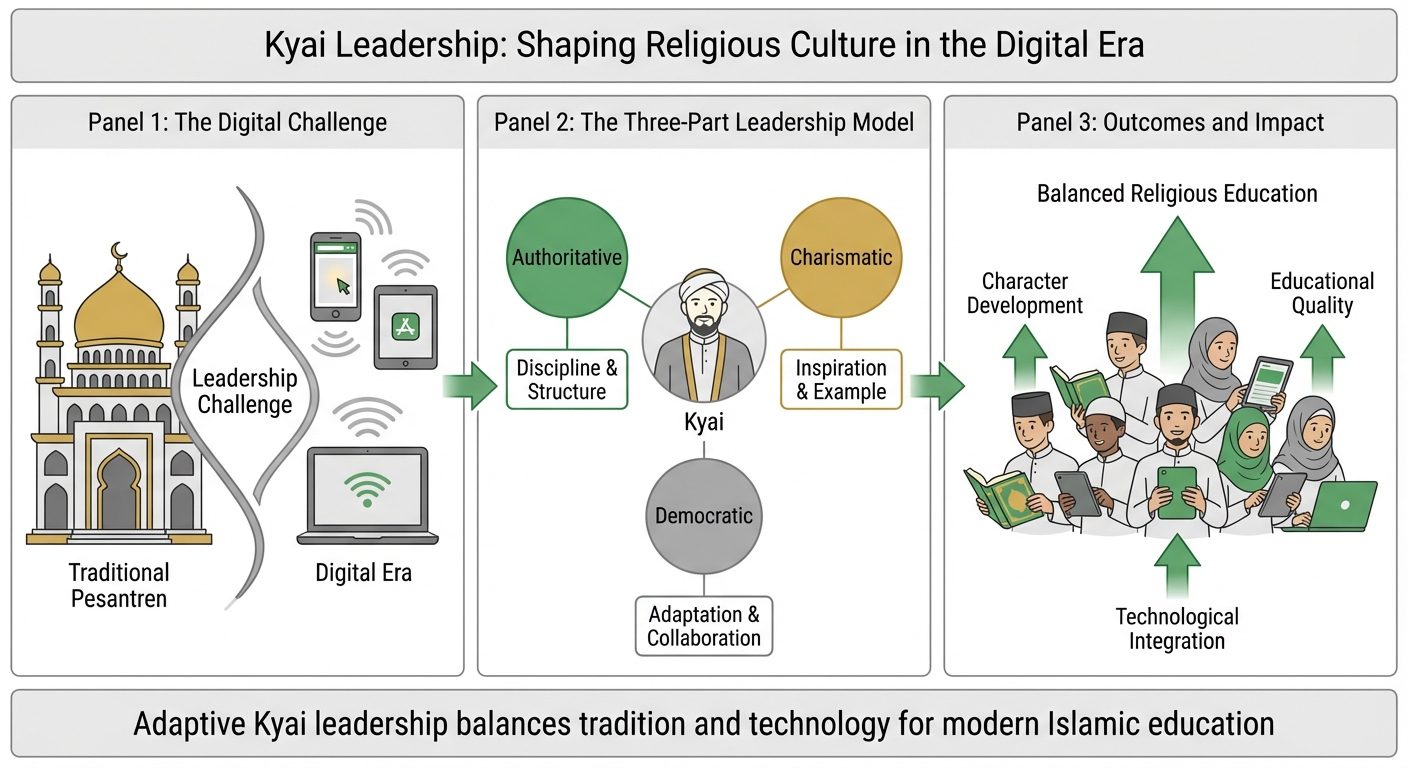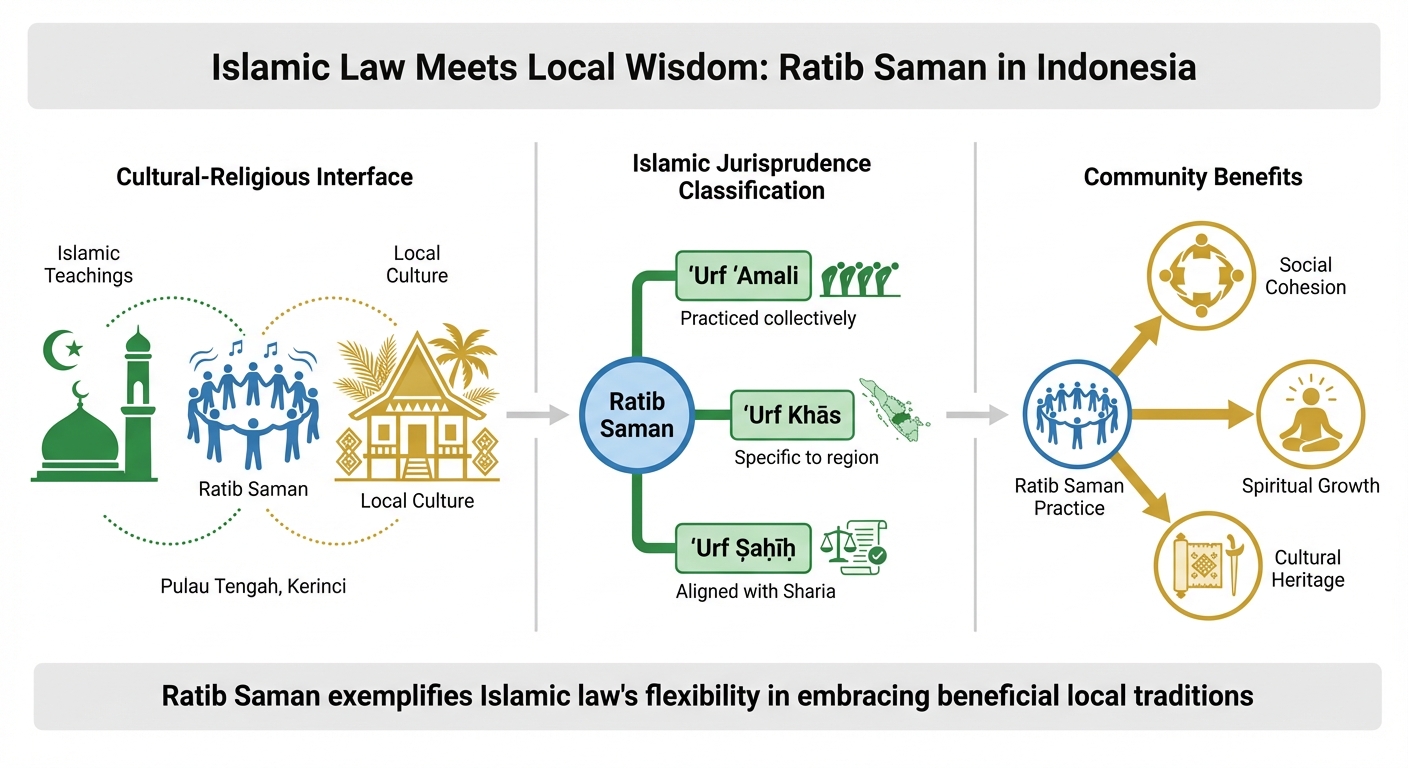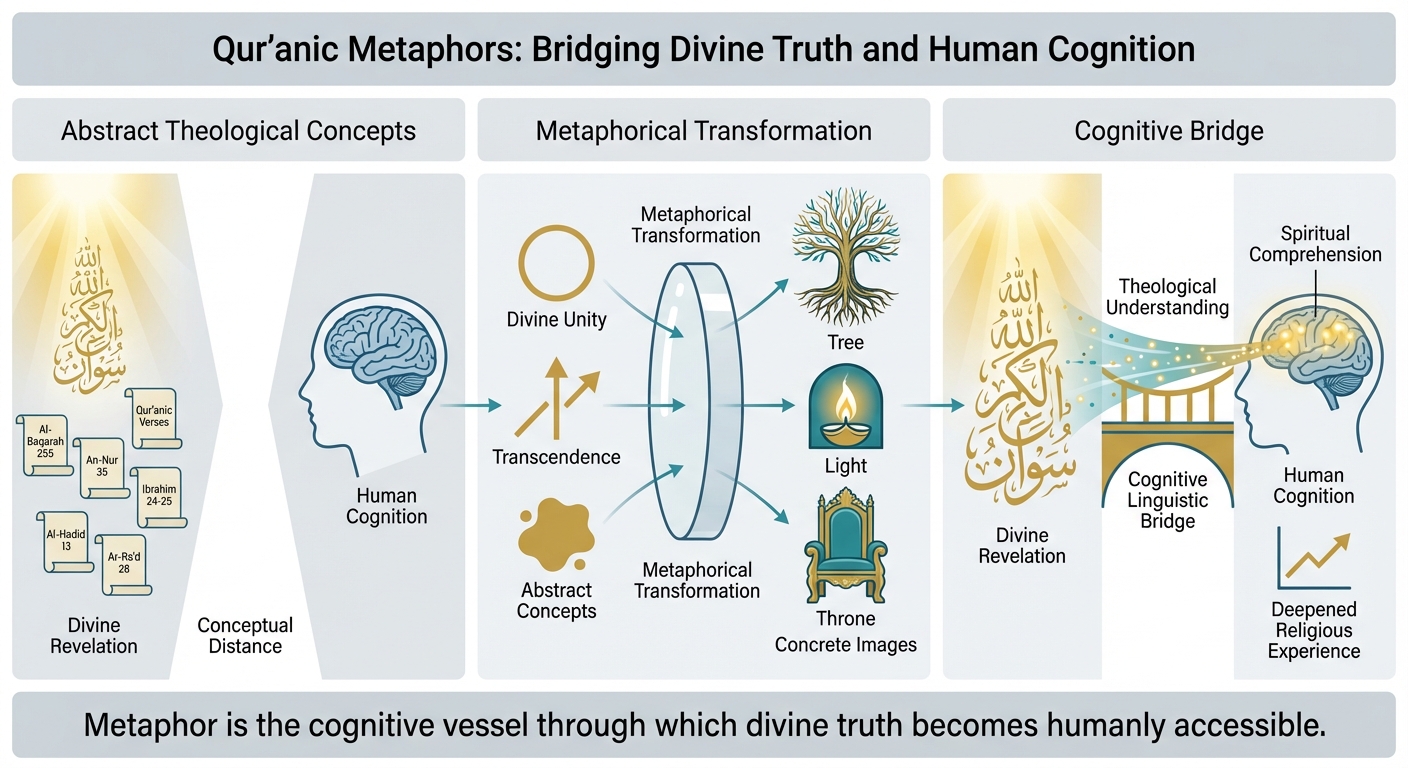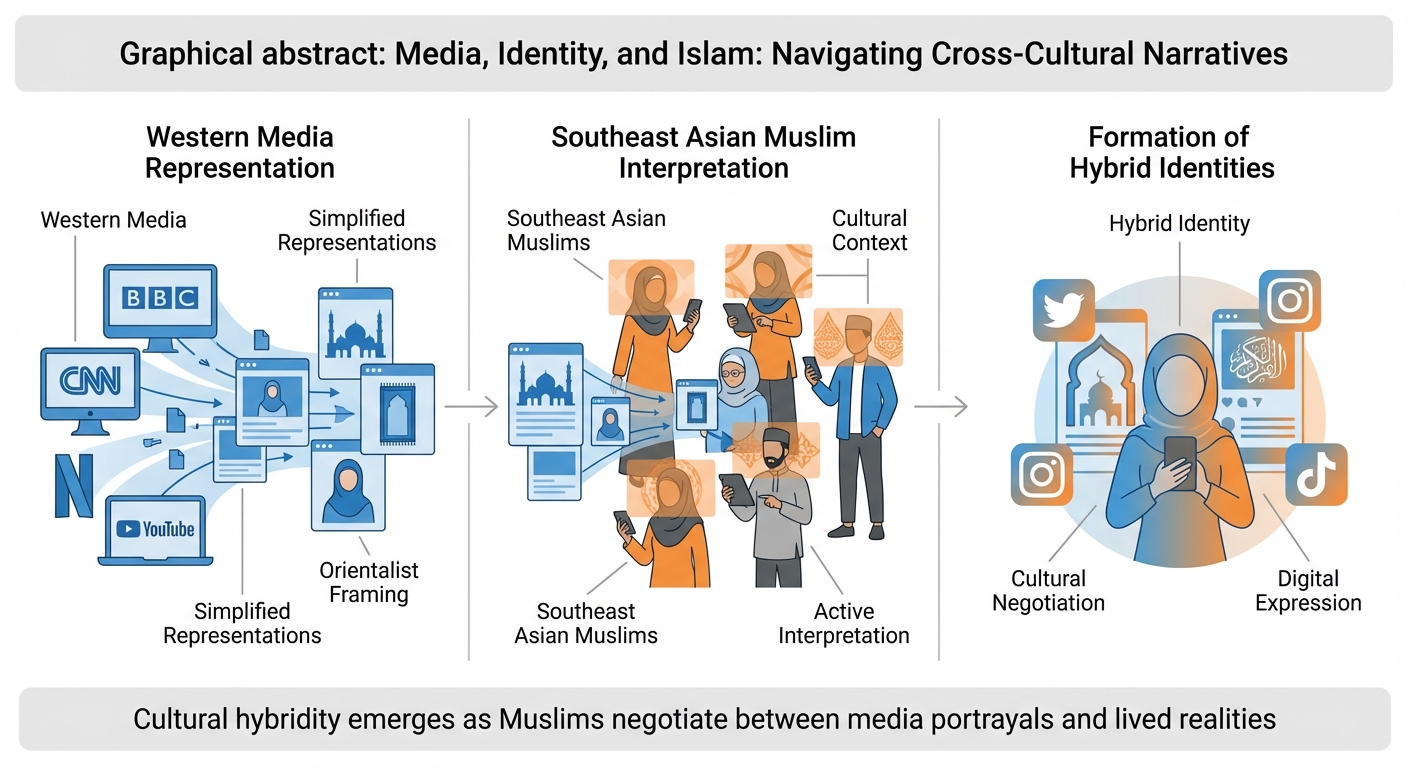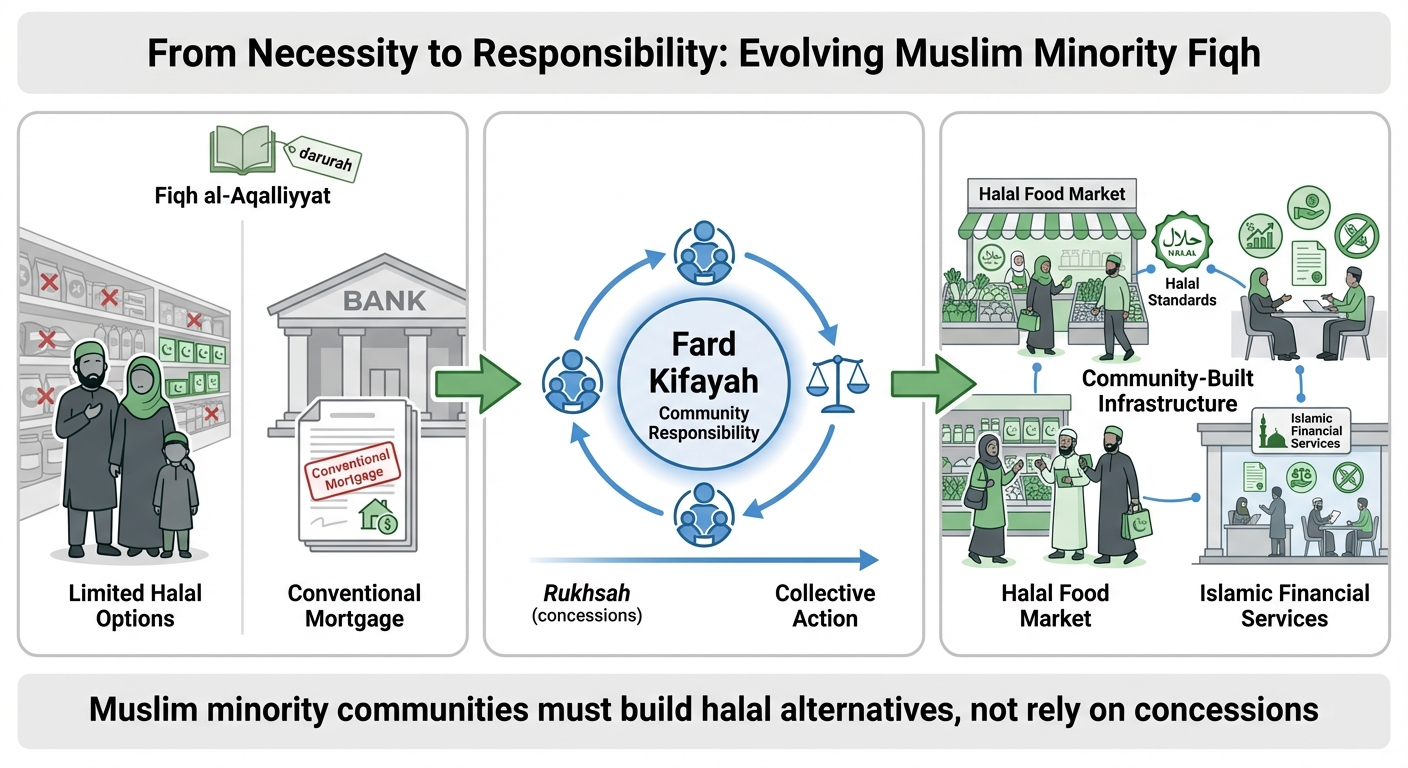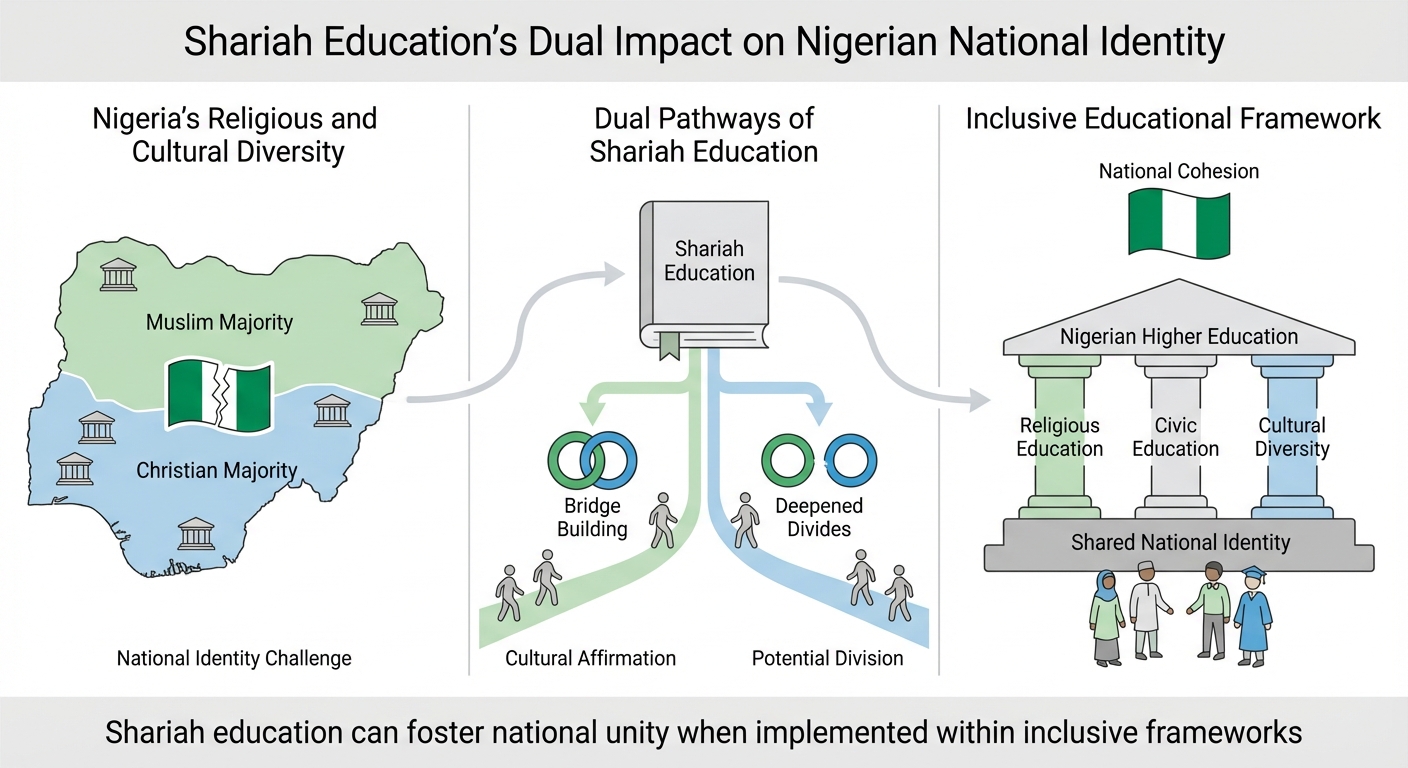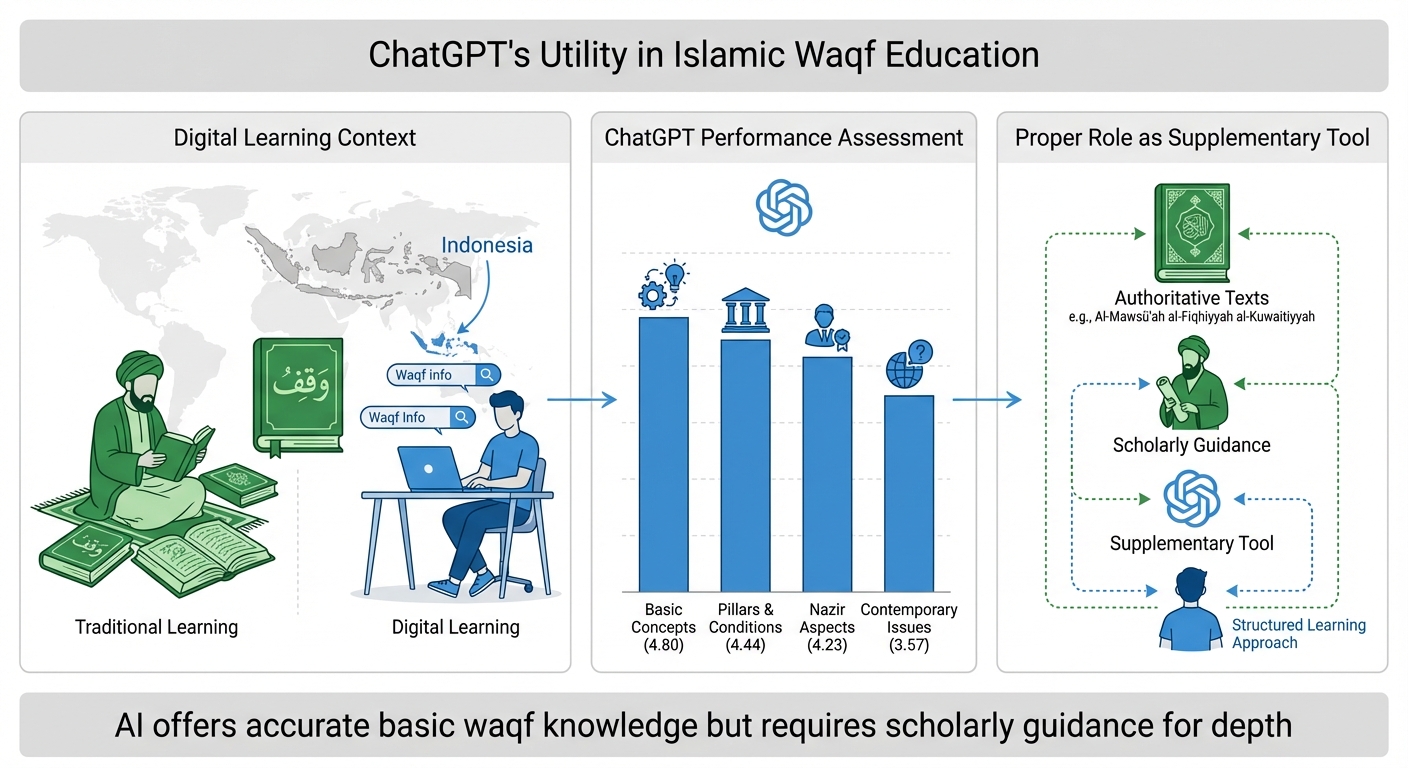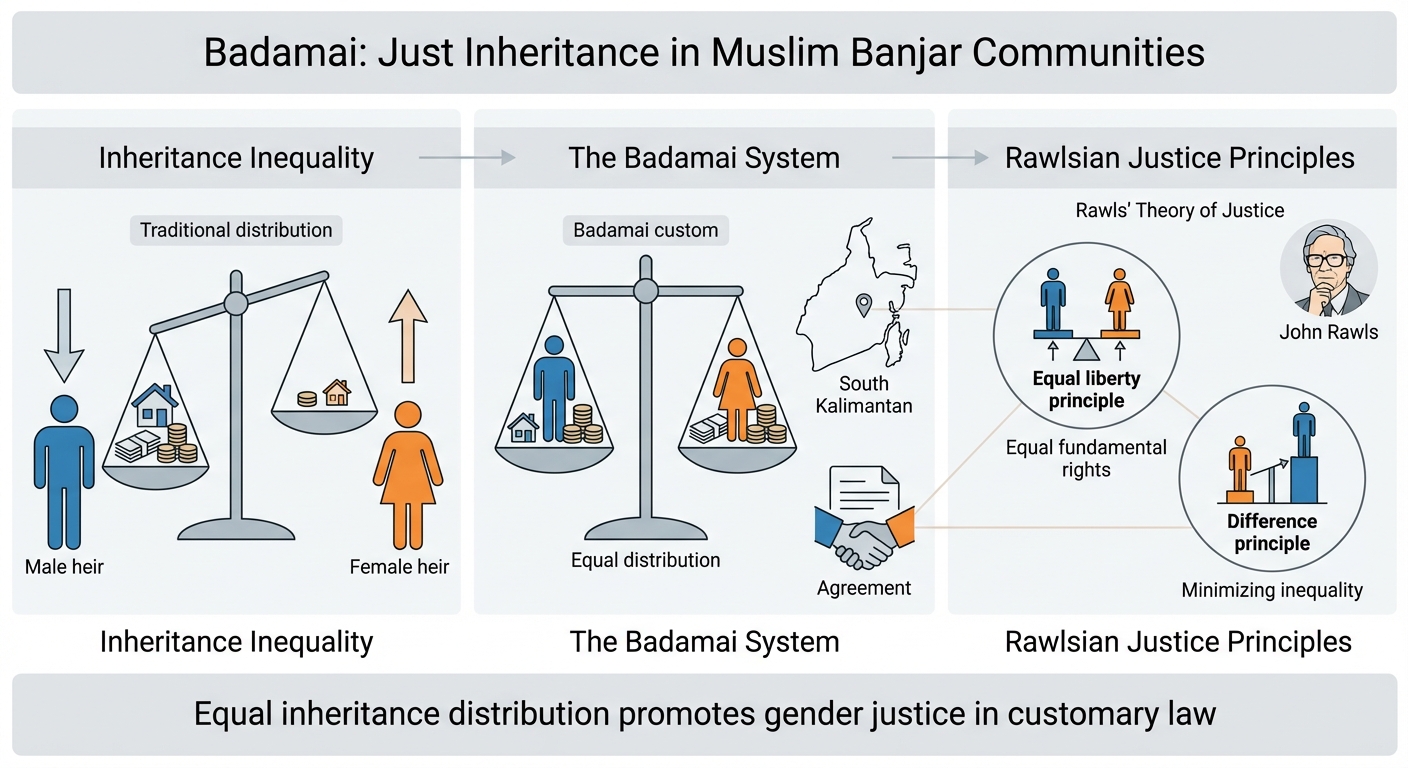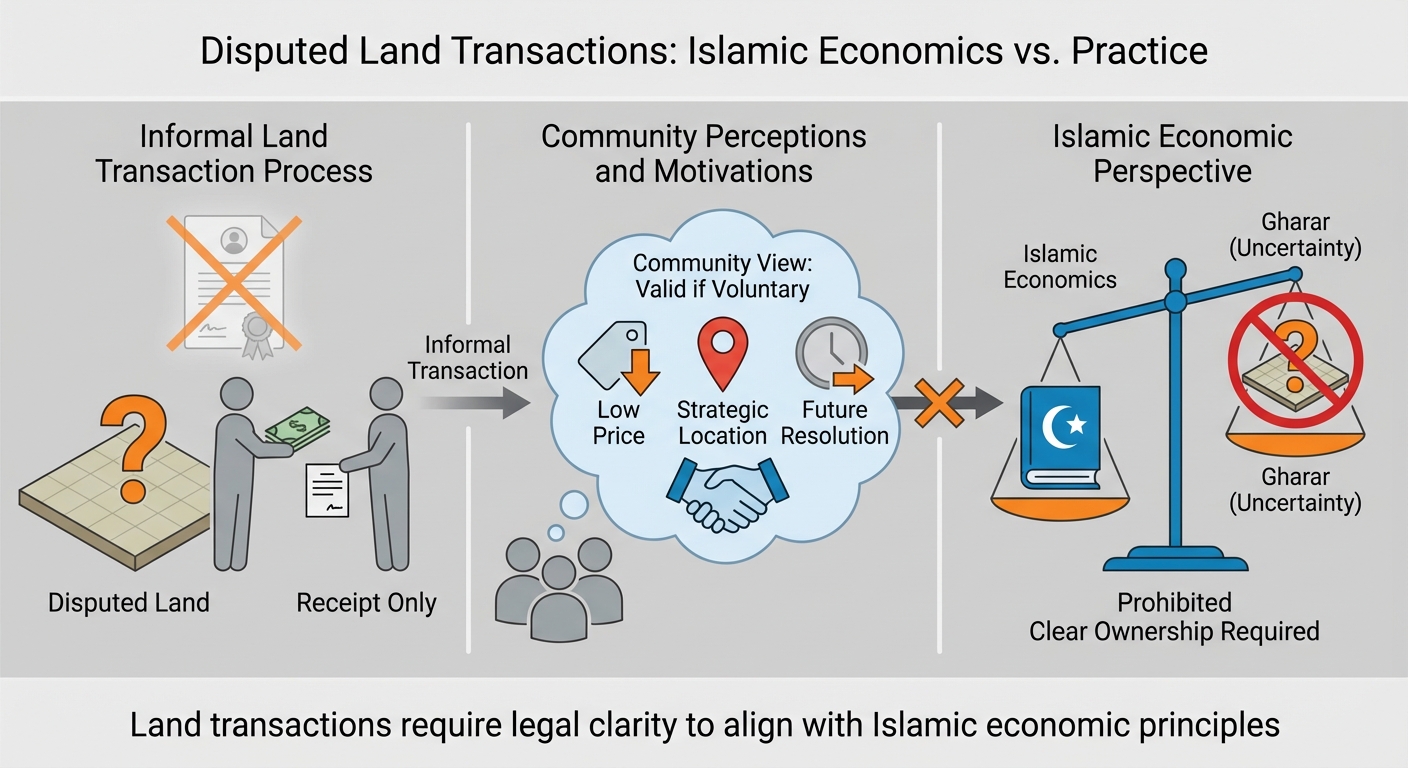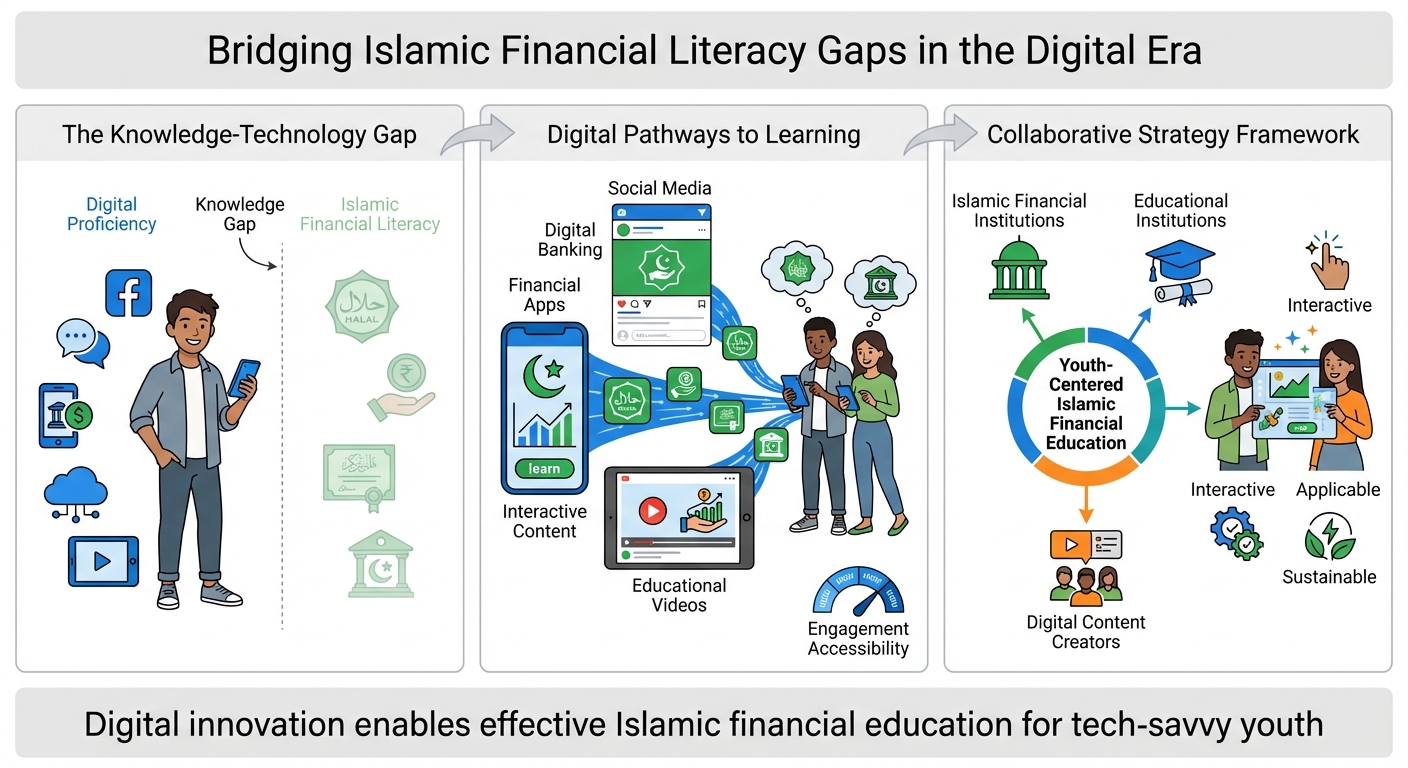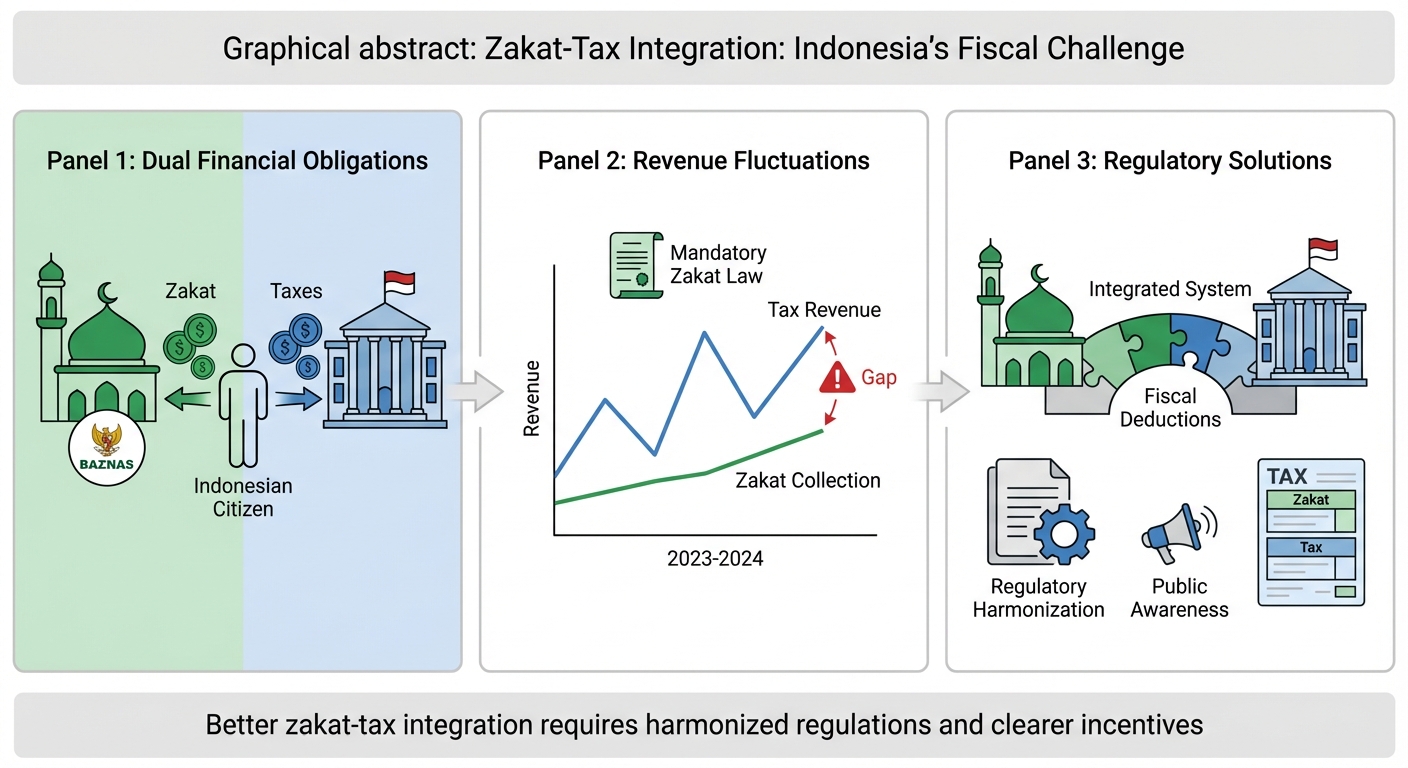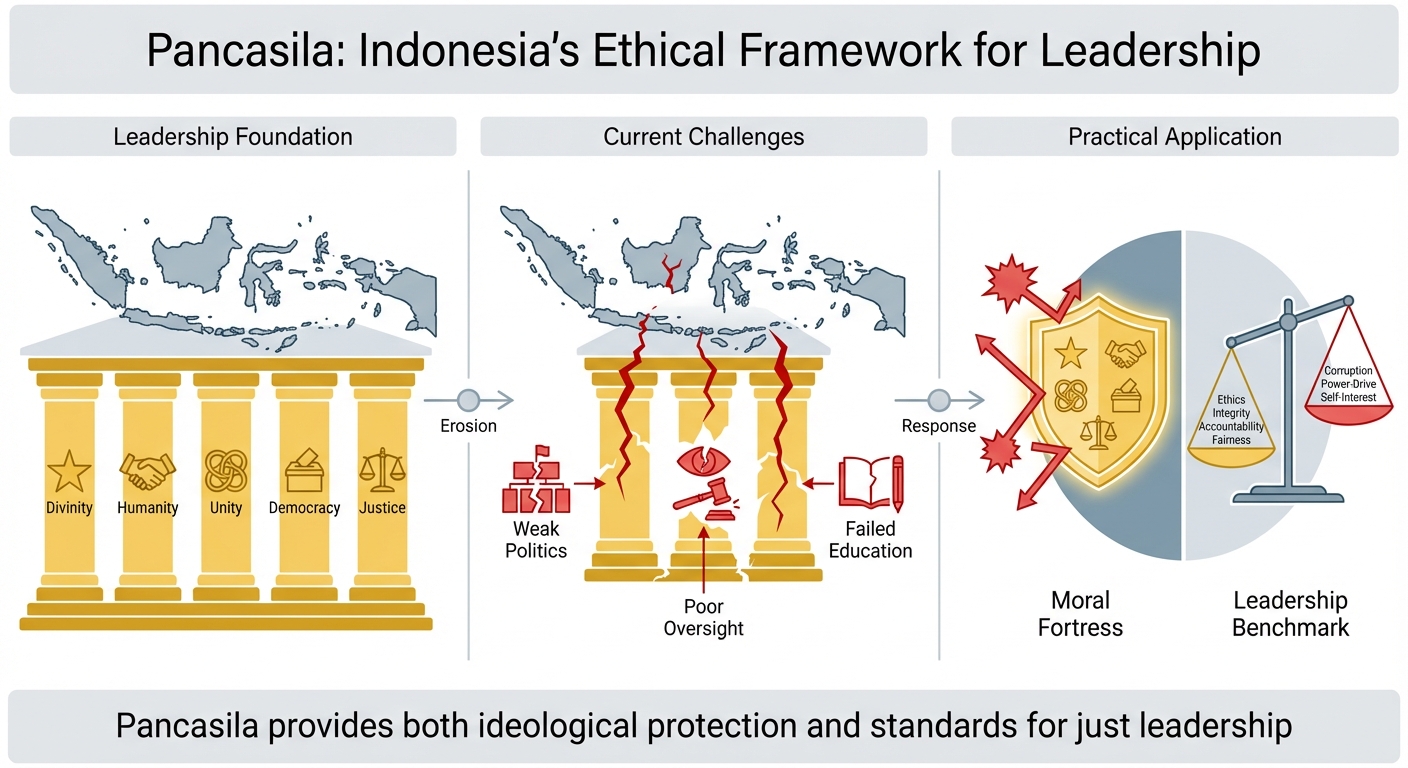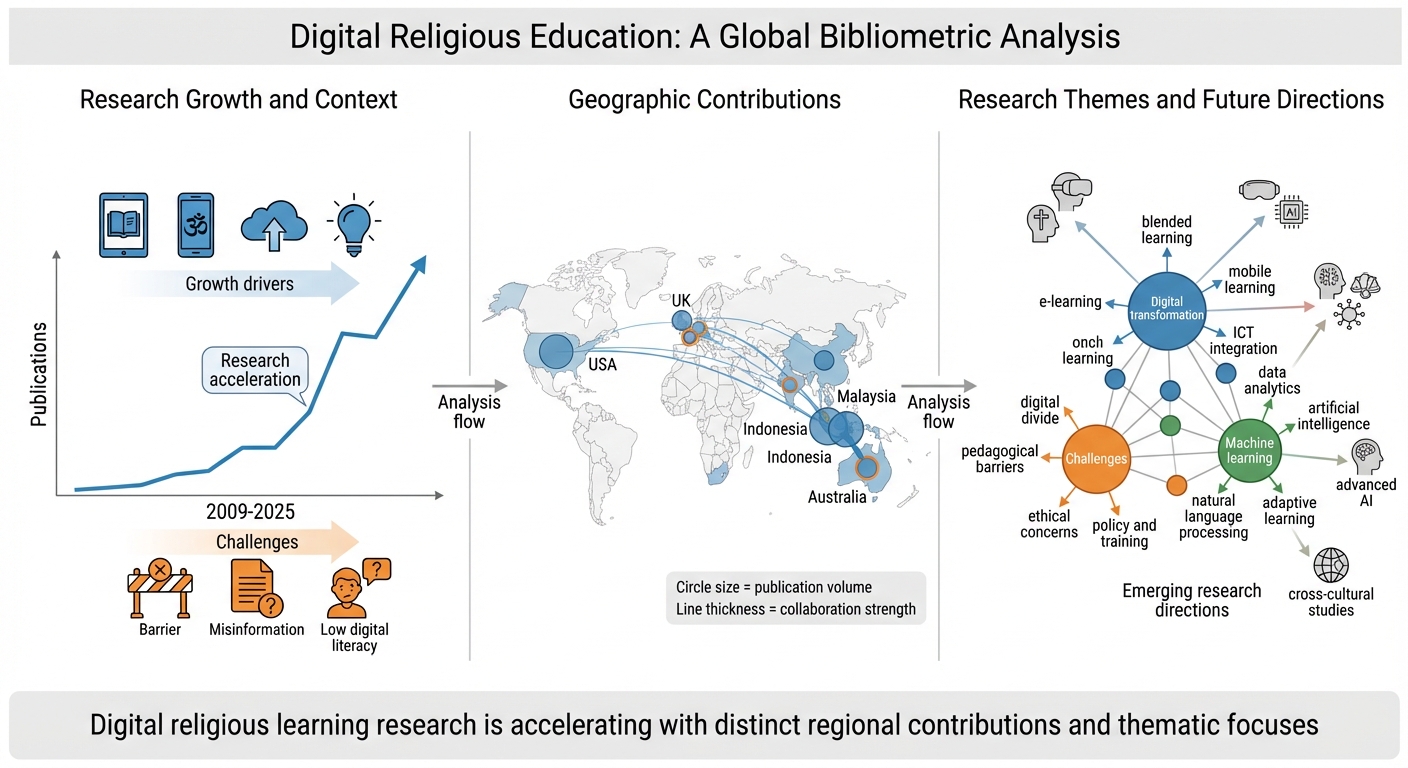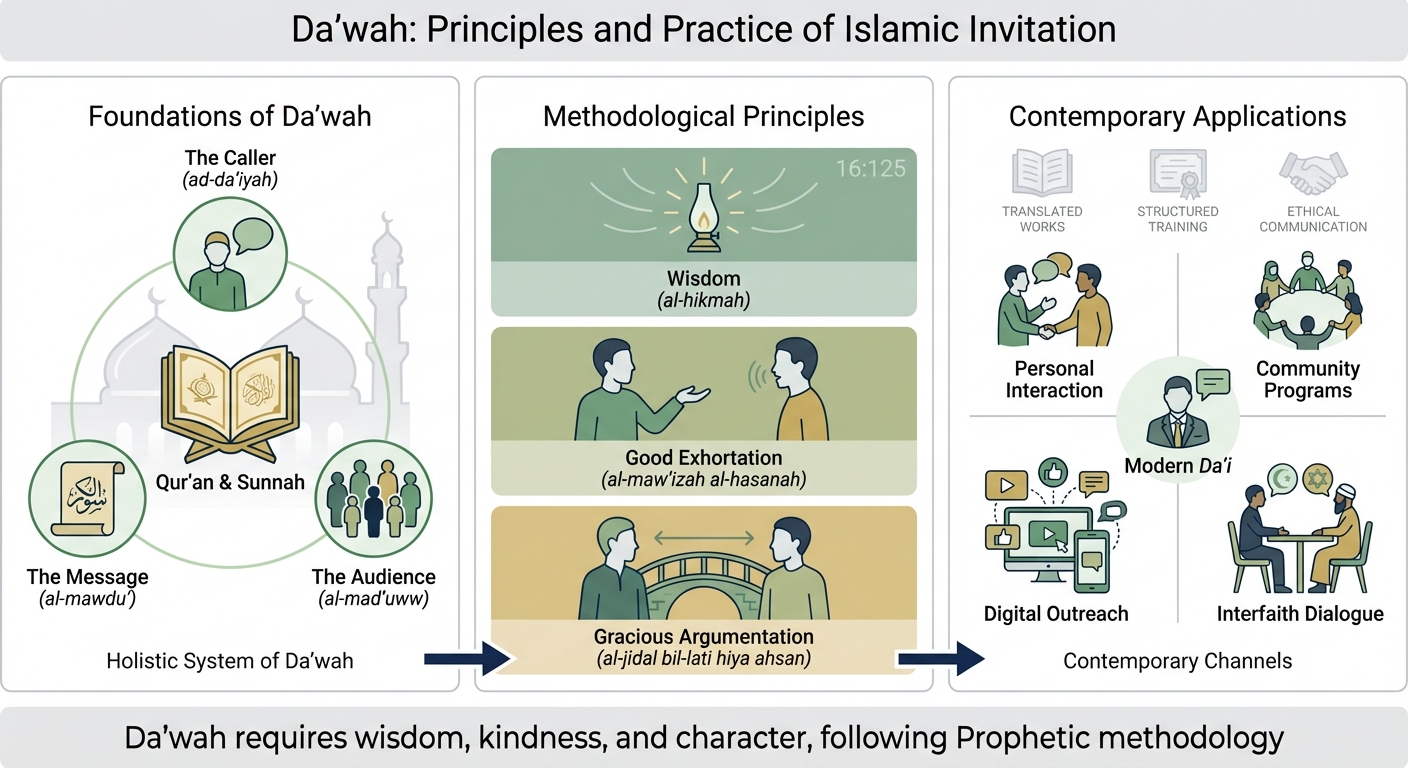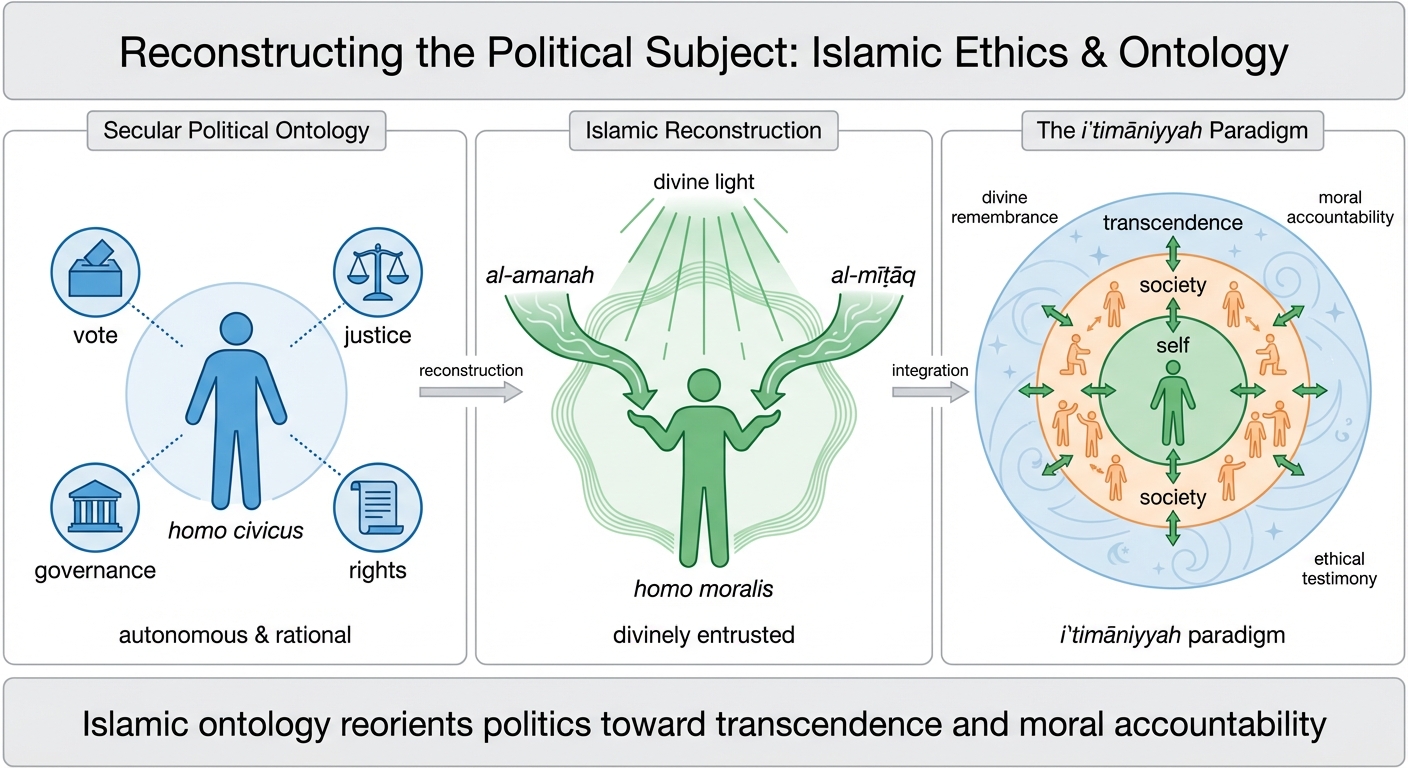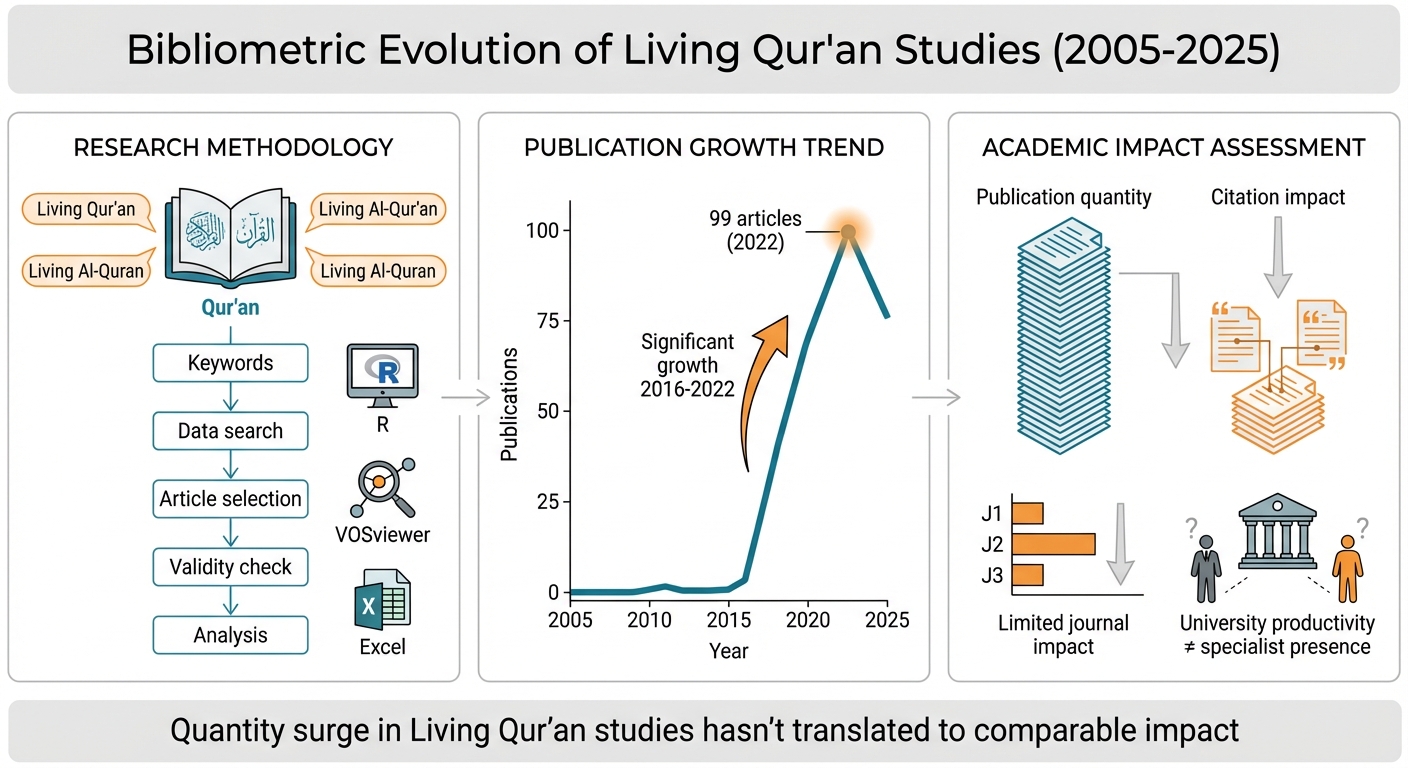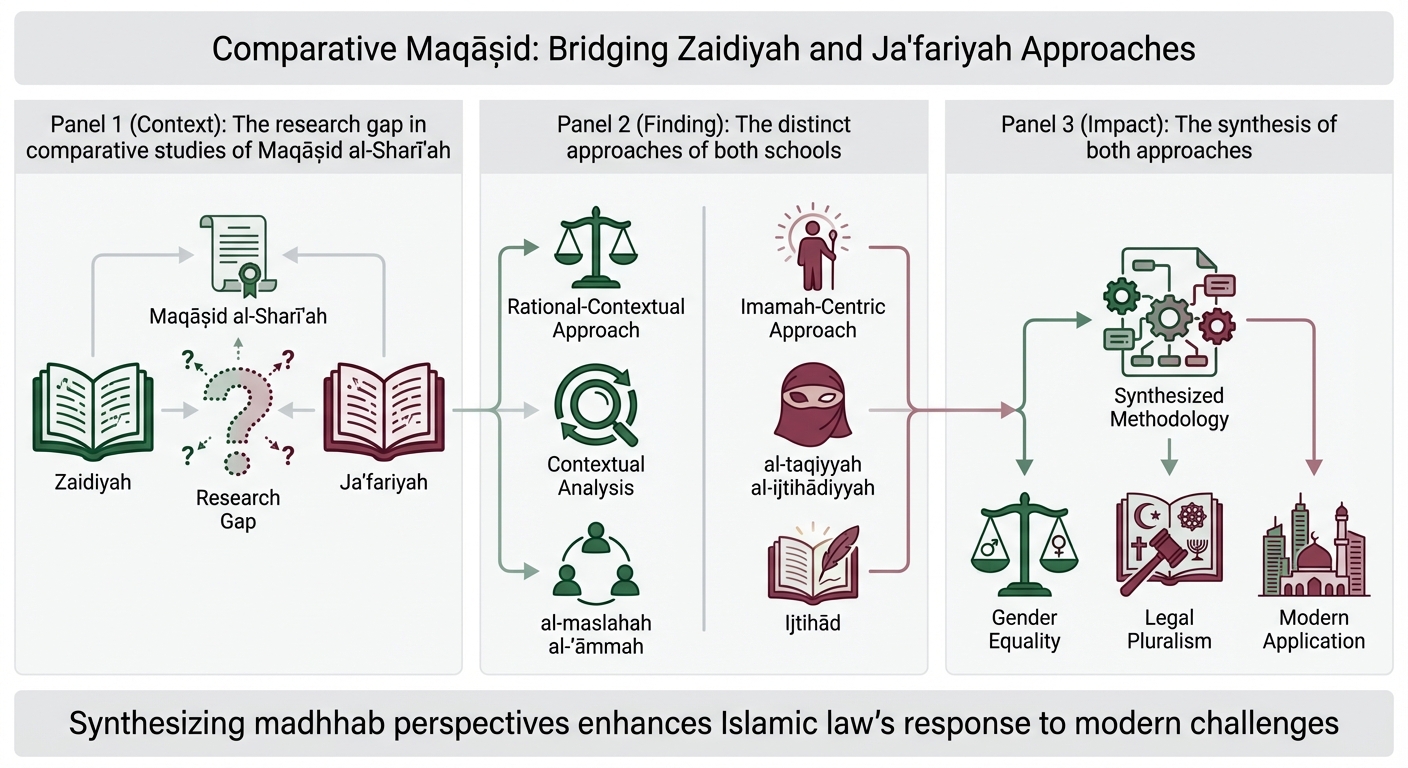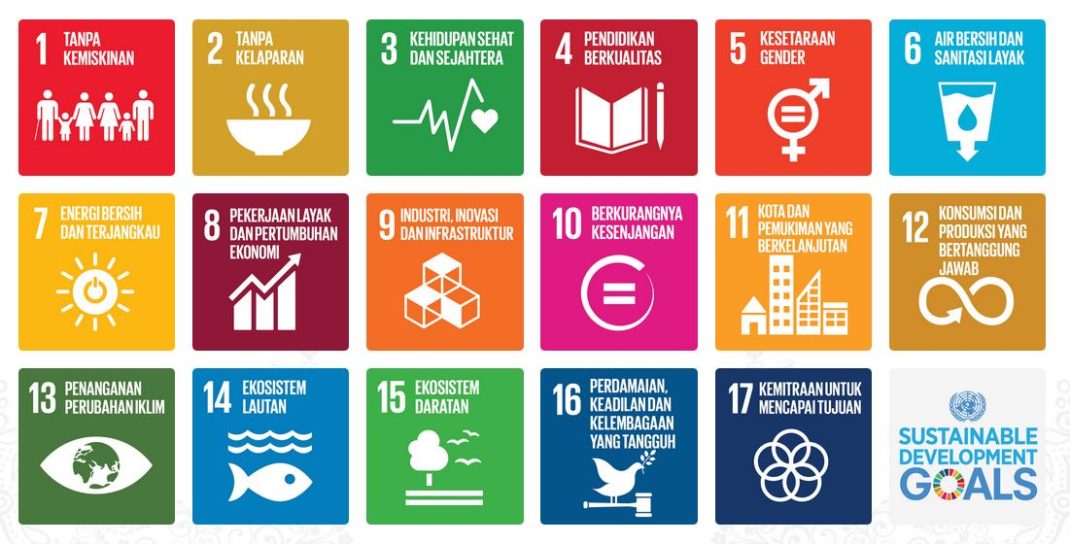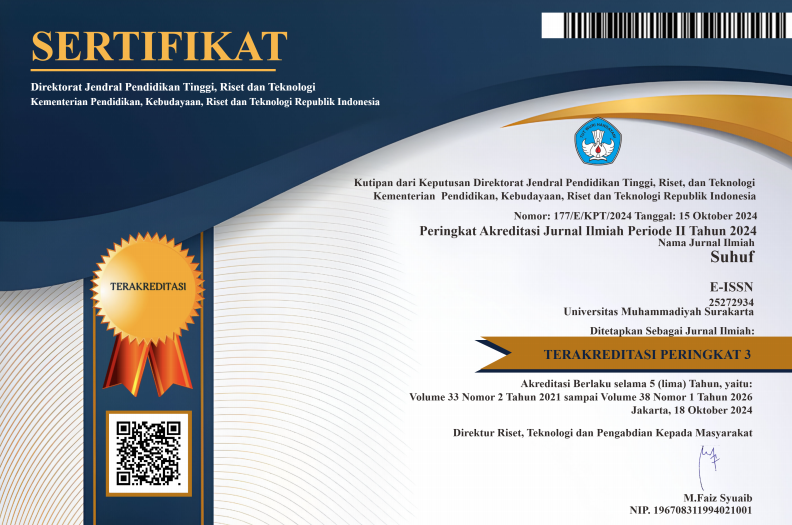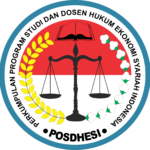Editorial Board Reviewers Peer Review Process Author Guidelines Publication Ethics Generative AI Policies Open Access Policy Plagiarism Policy Focus and Scope Article Processing Charge Abstracting and Indexing Contact Journal Metrics Digital Archiving Scopus Citation
Current Issue
This edition features contributions from authors across Indonesia, Palestine, United Arab Emirates, Malaysia, India, Brunei Darussalam, United Kingdom, Nigeria, and Egypt — reflecting our commitment to global scholarly collaboration.
Articles
- Liquidity Risk in Islamic Banking: Structural Challenges and Shariah-Compliant Mitigation StrategiesAbstract View : 167PDF downloads: 76
- Abstract View : 29PDF downloads: 30
- Abstract View : 14PDF downloads: 20
- Abstract View : 19PDF downloads: 25
- Abstract View : 26PDF downloads: 44
- Abstract View : 20PDF downloads: 31
- Abstract View : 16PDF downloads: 46
- Exploring the Relationship Between Shariah Education and National Identity in Nigeria’s UniversitiesAbstract View : 8PDF downloads: 15
- Abstract View : 16PDF downloads: 39
- Abstract View : 14PDF downloads: 16
- Abstract View : 8PDF downloads: 17
- Abstract View : 18PDF downloads: 22
- Abstract View : 50PDF downloads: 25
- Abstract View : 27PDF downloads: 37
- Abstract View : 16PDF downloads: 18
Suhuf: International Journal of Islamic Studies is a rigorously peer-reviewed academic journal published by the Faculty of Islamic Studies, Universitas Muhammadiyah Surakarta (UMS), Indonesia. The journal is dedicated to advancing specialized, high-impact scholarship at the intersection of classical Islamic sciences and contemporary global challenges.
Unlike generalist Islamic studies journals, Suhuf distinguishes itself through deep disciplinary focus in five core domains:
- Islamic Economics and Finance, with emphasis on Shariah-compliant risk management, Islamic social finance (zakat, waqf, microfinance), and the legal architecture of Islamic financial markets;
- Islamic Education, particularly innovative pedagogies, digital transformation in pesantren and madrasah, and teacher development in faith-based learning environments;
- Qur'anic and Hadith Studies, featuring critical exegesis (tafsir), textual hermeneutics, and comparative analysis of scriptural interpretation across Muslim-majority and Western contexts;
- Islamic Law (Shariah), encompassing classical jurisprudential principles, contemporary legal applications, Islamic family and criminal law, financial contracts and compliance, comparative Shariah studies, and the engagement between Islamic law, human rights, environmental ethics, and modern regulatory systems; and
- Islam in Indonesia, offering nuanced, empirically grounded research on the historical evolution, socio-legal dynamics, and intellectual traditions of Indonesian Islam-including the roles of Nahdlatul Ulama, Muhammadiyah, and local ulama networks.
Suhuf does not merely publish descriptive accounts; it prioritizes theoretically informed, methodologically robust research that engages with primary Islamic sources (Qur'an, Sunnah, fiqh, and classical texts) while addressing pressing contemporary issues-from fintech in Islamic banking to bioethics in Islamic law, from digital tafsir to interfaith coexistence in pluralistic societies.
In addition to full-length research articles, the journal features synopses of outstanding theses and dissertations, critical summaries of recent religious research, and keynote addresses by leading scholars, making it a dynamic forum for both established and emerging voices in Islamic academia.
By bridging classical Islamic scholarship with modern academic rigor-and by centering Indonesia as both a case study and a source of intellectual innovation-Suhuf serves as a vital platform for specialized, context-sensitive, and globally relevant Islamic studies.
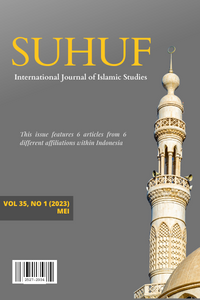 | Title: Suhuf: International Journal of Islamic Studies National Accredited:SINTA 3 (Vol 33, No 2, 2021 - Vol 38, No 1, 2026) |
Why Choose Suhuf: International Journal of Islamic Studies?
|
SDG Publishers Compact
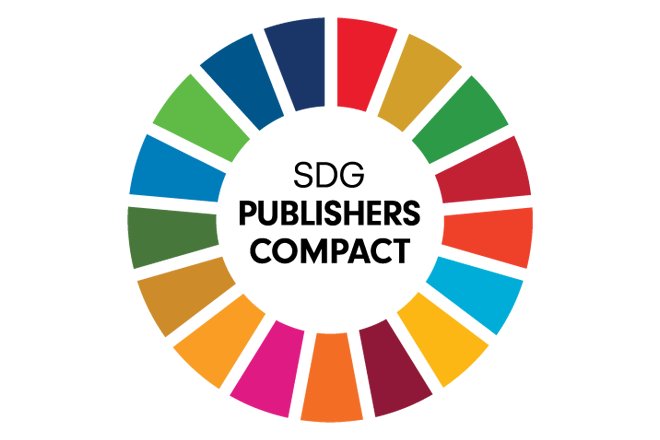 | We are proud to be a member of the SDG Publishers Compact, compromising 10 action points that publishers, publishing associations and others can commit to undertaking in order to accelerate progress to achieve the Sustainable Development Goals (SDGs) by 2030. You can learn more about the Publishers Compact and how the scholarly community can embed SDGs into practice. |
This journal is aligned with our goal of sustainable structures and infrastructures. |
The Sustainable Development Goals (SDGs) are a movement to promote well-being while sustainably caring for the surrounding environment. This action represents a global and national commitment encompassing 17 goals.Universitas Muhammadiyah Surakarta, with dedication and consistency, actively executes these 17 goals through various educational and humanitarian activities. |

